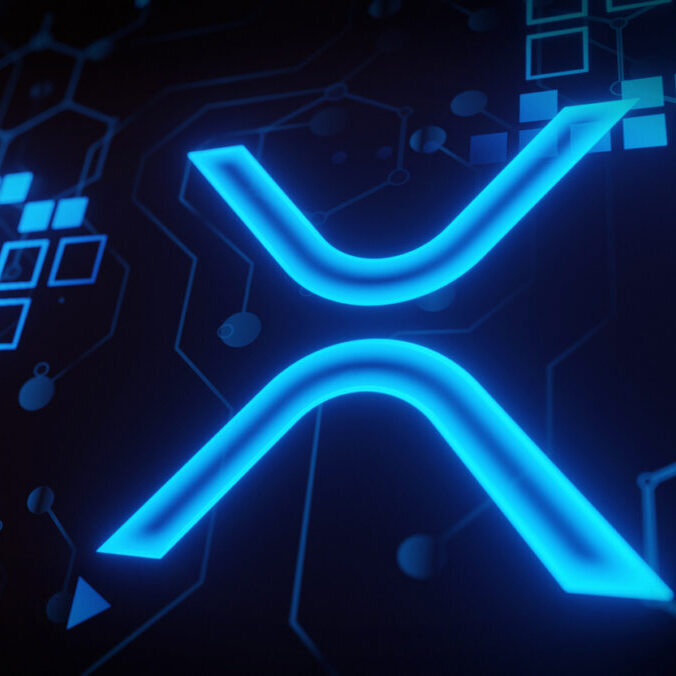Insights < BACK TO ALL INSIGHTS
Ripple Decision Shakes Up US Crypto
Ripple Decision Shakes Up US Crypto
By: George Calhoun
In an apparent boon to the cryptocurrency and broader blockchain industries, a judge in the US District Court for Southern New York ruled on Thursday that Ripple Labs Inc. did not violate federal securities laws in the offering and sale of the XRP token on public exchanges, meaning that the token could be relisted on public U.S. exchanges. Indeed, Coinbase, the United States’ largest cryptocurrency exchange, stated that it was going to relist XRP on its platform as a result of the decision.
This critical decision in SEC v. Ripple Labs Inc. is long awaited and marks the first time a cryptocurrency company has won in a case brought by the Securities Exchange Commission (“SEC”). The ruling provides cryptocurrency and blockchain companies with (some) confidence in further proceedings by appearing to reduce the threat of SEC regulatory action as a result of the fact-specific case.
While cryptocurrency twitter took off to report the victory, the decision was, in fact, split, as the court determined that institutional sales of XRP constituted investment contracts. According to the ruling, Ripple’s marketing evinced a pitch to investors that consisted of a “speculative value proposition for XRP with potential profits to be derived from Ripple’s entrepreneurial and managerial efforts,” such as its ability to develop blockchain infrastructure using XRP. Further bolstering this finding was that the sale to institutional buyers lacked a consumptive use as a currency or any other utility, with some buyers even agreeing to lockup provisions or resale restrictions based on XRP’s trading volume.
Further, the court also denied Ripple’s fair notice defense as to institutional sales, which means that the SEC is not obligated to warn potential violators of federal securities law violations in the institutional offer and sale of securities or investment contracts. A potentially underlooked feature of this portion of the decision is that the fair notice defense remains a possibility in the case of public offerings. Fair notice defenses are becoming increasingly common in defense of SEC enforcement actions against cryptocurrency or blockchain companies, as the regulator often ignores company requests for notice of potential violations in the absence of federal legislation.
The most crypto-friendly part of the decision, which undoubtedly bolsters companies offering cryptocurrencies in their struggles against regulators, is that XRP was not determined to be “in and of itself a ‘contract, transaction[,] or scheme’ that embodies the Howey requirements of an investment contract.” Had XRP been classified as an investment contract outright, regardless of the specific circumstances surrounding Ripple’s different schemes and transactions offering XRP, this would have sounded the death knell for many crypto tokens and projects in both institutional and public offerings. Indeed, the SEC has long taken the position that most tokens constitute investment contracts and are subject to regulation as securities.
The court similarly determined that XRP offers and sales to the public through public exchanges (what is called “Ripple’s Programmatic Sales” in this instance) were not investment contracts. The basis of this determination was that Howey’s third prong—a reasonable expectation of profits—could not be established because the transactions were “blind bid/ask transactions,” and so buyers “could not have known if their payments of money went to Ripple, or any other seller of XRP.” This feature prompted Coinbase chief legal officer, Paul Grewal to tweet that “…It’s time to relist [XRP].” That optimism may be too hasty. Notably, the decision that the Programmatic Sales were not an investment contract relied in part on the determination that buyers could not know if their purchase was being paid to Ripple or a downstream investor. As a result, the ruling is likely applicable to direct sales to the public, and could only apply to blind sales on an exchange.
Similarly, the “Other Distributions” of XRP, which encompasses distributions to employees as compensation and to third parties as part of Ripple’s Xpring initiative to develop XRP applications, were also determined to not be investment contracts. Because there was no investment of money in such transactions, the first prong of Howey was not met.
Although the District Court decision is not binding, it puts a serious wrench into the SEC’s planned enforcement works. We expect that the SEC will appeal this decision to the Second Circuit Court of Appeals. With respect to other crypto token sales, the decision makes it more clear that institutional sales, especially any sales that contain conditions related to the market for the token, continue to pose a significant regulatory risk. We’d argue that such conditions on any sale of tokens continues to carry that risk. Hopefully, however, this bloody nose will force the SEC, and/or Congress, to get serious about clarifying the framework for the regulation of crypto in the United States.
[1] Under the “Howey Test,” the following characteristics must be present for an investment contract to be evidenced: (1) an investment of money (2) in a common enterprise (3) with a reasonable expectation of profits (4) derived from the efforts of others. While subsequent case law has refined the Howey Test and its application, the essence remains the same.; https://storage.courtlistener.com/recap/gov.uscourts.nysd.551082/gov.uscourts.nysd.551082.874.0.pdf.
[2] https://twitter.com/iampaulgrewal/status/1679576508036259840?s=20





